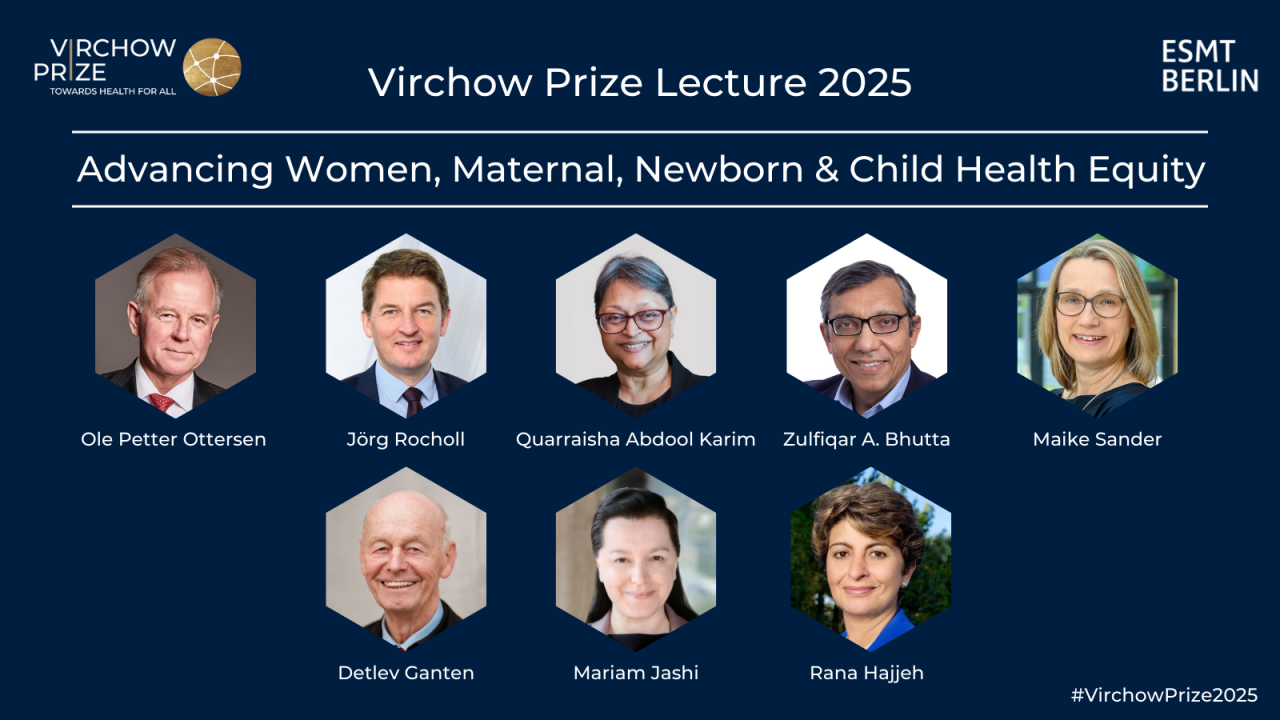We are now live from Berlin with “Breaking the Silos: Primary Healthcare as the Bridge between NCDs and IDs”, our World Health Summit Side Event co-hosted with the Infectious Disease Alliance (IDA), FIND, UNICEF, Amref, and more.
Please use the chat function on YouTube to ask questions and interact with us. The event recording will be available immediately after the livestream has concluded.
At the event “Breaking the Silos: Primary Healthcare as the Bridge between NCDs and IDs”, Prof. Reinhart will shed light on the strong link between non-communicable diseases and sepsis and the need to integrate early sepsis detection and effective treatment in primary healthcare and in relevant healthcare strategies.
The panel will be co-moderated by Simone Mancini, GSA Partnership Lead and Coordinator of the Regional Sepsis Alliances.
Time: Oct 13, 2025, 7:00 AM - 9:30 AM CEST
Venue: Berlin, “Tuechtig – Raum für Inklusion”, Oudenarder Straße 16, Haus D06, 13347 Berlin, Germany












